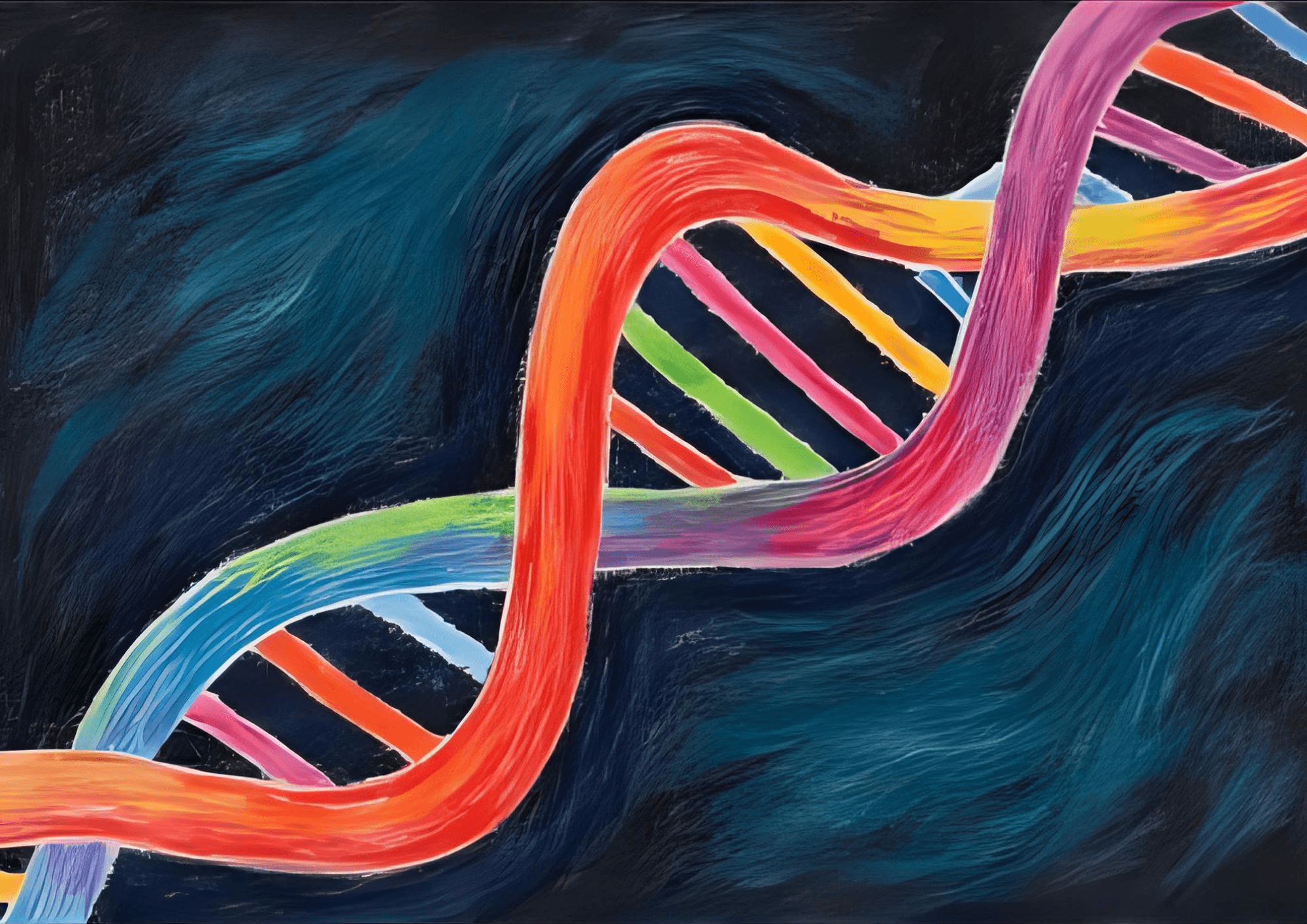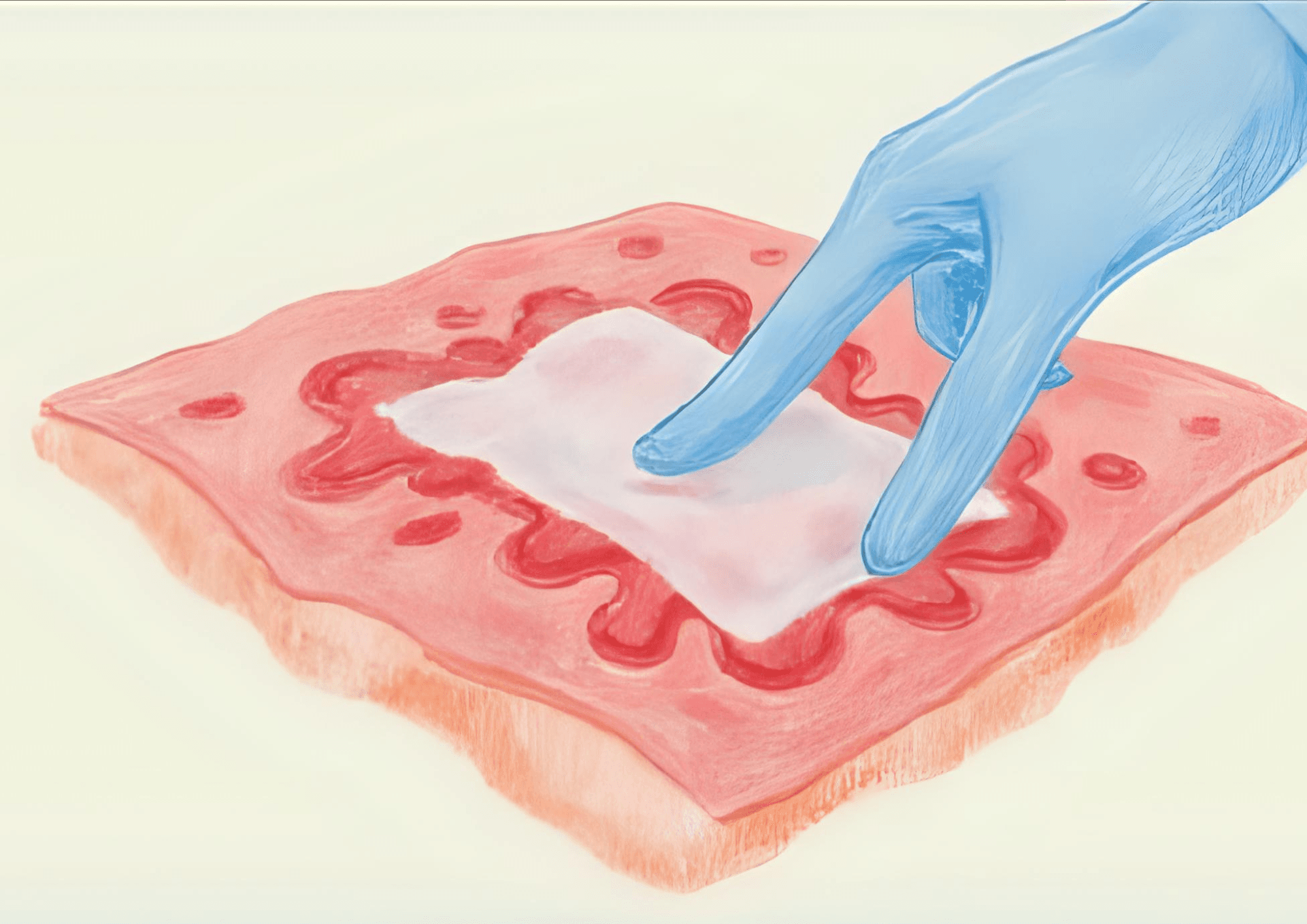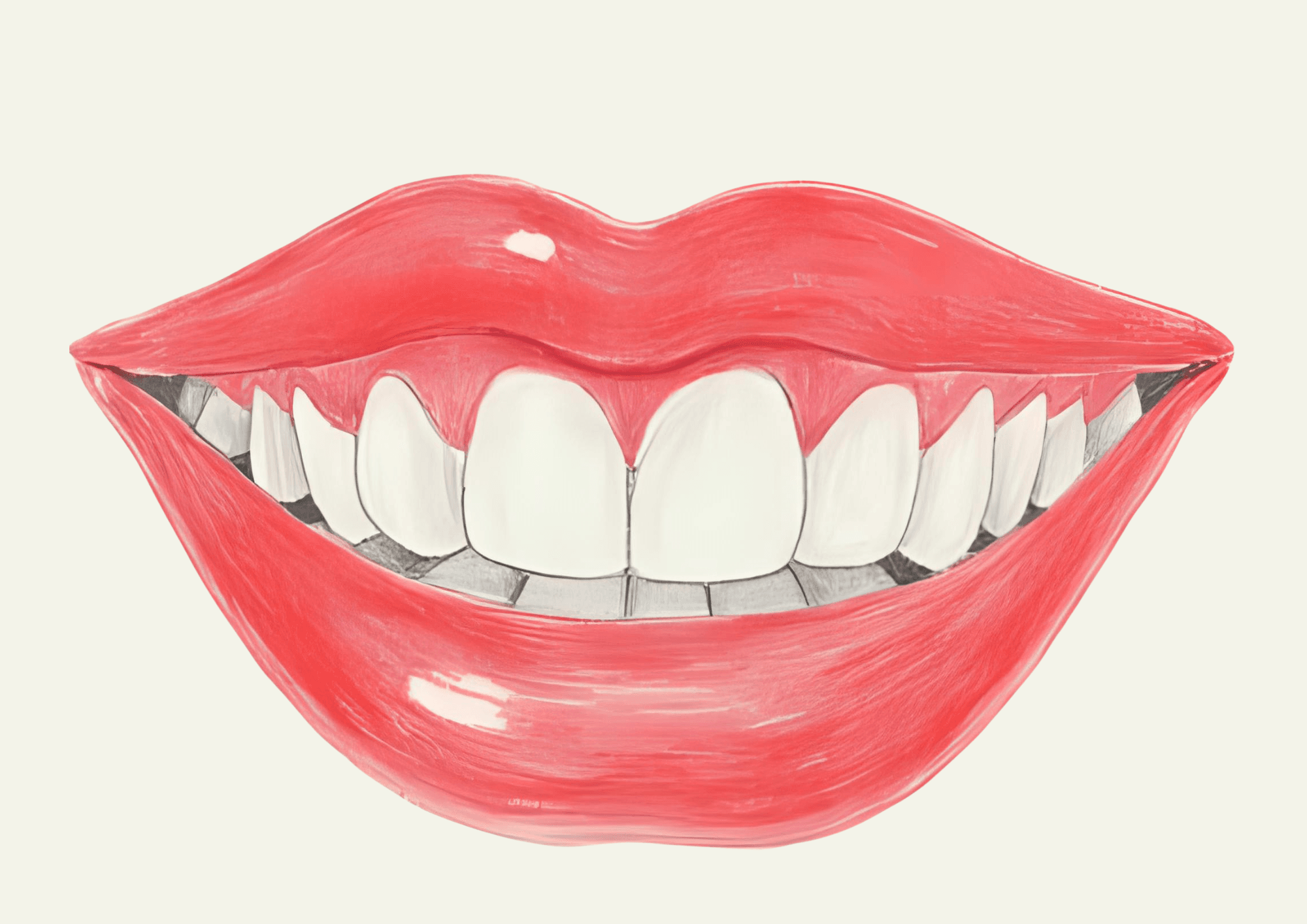08 May 2025
10 MIN READ
Sleep heals you, why not you heal your sleep
What lack of sleep does to you and what you should do instead
Sleep as a medium has been correlated with a number of mythological constructs and their subsequent interpretations. But in this blog, we’ll take the OG Science backed approach to know it, understand it, and perhaps in the interest of time, get a feel of it for sleep is a treasure that no one should mess around with.
But before that, want to know something interesting?
The Teen Who Took on Sleep, and Lost
In December of 1963, a military family by the name of “Gardners” moved to San Diego, California. Their 17-year-old self proclaimed “Science-Wiz” kid Randy Gardner had just one goal; to dominate the 10th Annual Greater San Diego Science Fair. So, when he heard about a Hawaiian radio DJ who stayed awake for 260 hours, Randy had a lightbulb moment; Why not beat this record?
With his two friends, Bruce and Joe, as his trusty lab assistants, the Great Sleepless Experiment was born. They flipped a coin, and Randy, the unlucky hero, became the guinea pig. Their mission was straight, but not simple. Keeping him awake for as long as humanly possible.
11 days without sleep. What could go wrong? The challenge started over the winter break on December 28, 1963. The first couple of days were not too bad. But by Day 3, things started getting weird. Randy felt nauseous, forgot things mid-sentence, and started acting like a grumpy old man. Imagine an extreme case of Monday morning brain fog but a 100 times worse.
As word spread, local reporters showed up, flashing cameras in his face, ironically, keeping him awake. Even Stanford sleep scientist Dr. William Dement drove down to witness the madness. When things got rough, Dement played pinball with Randy to keep him alert. Sweetest part? Sleep-deprived Randy still crushed him every time.
By Day 11 (264 hours later), Randy was snapping at reporters and one bad question away from a full meltdown. But finally, he had done it. A world record was born.
Once the experiment ended, Randy slept for 14 hours straight and woke up… surprisingly fine. No lasting effects. No brain damage. Just one epic science fair win. But decades later, karma kicked in. Randy developed severe insomnia, struggling to sleep for more than a few minutes at a time. He called it karmic payback.
Oh, and about The Guinness World Records; they banned sleep deprivation records in 1996 because of the dangerous effects.
The Anatomy of our precious Shut-eye
Just like a year has different seasons, even sleep has different phases that determine our body’s overall rest cycle.
Just like a video game, it comprises of different levels:
- Stage 1: You’ve just dozed away, and your brain and body start slowing down. Lightest sleep. Blink, and you’re awake.
- Stage 2: Things chill even more. Brain waves slow, and waking up gets harder.
- Stage 3: Deep sleep unlocked! Muscles relax, brain activity slows to a crawl, and your body goes into full recharge mode.
- Stage 4 (REM): Brain lights up like a disco, but your body remains paralyzed. Except for your eyes, which dart around like they're watching a thriller. This is where dreams get wild.
Your brain and body revives its energy while you sleep.
Your brain sleeps and awakes because of chemicals. Neurons firing, signals buzzing, and hormones doing their thing. Scientists are still untangling; more so; unravelling the details, but here’s what we do know:
-
Adenosine builds up while you’re awake, making you sleepy. Caffeine is the ultimate adenosine blocker, tricking your brain into thinking it’s not tired.
-
Neurotransmitters control the switch. While some keep you alert like orexin and acetylcholine, others like GABA and serotonin tuck you in for the night.
Boring as it may seem, a lot of activities take place in the background to dream rather questionable stuff. But that’s a discussion for some other day. And there comes along an exhaustive list of undesirable accomplishments when sleep is not prioritized.
Wakey Wakey, the ways in which I’m lackey
-
Brain Fog & Mood Swings: Your brain gets sluggish, memories get fuzzy, and your patience becomes Nonexistent. Stay up long enough, and you might even start hallucinating.
-
Microsleeps = Mini Blackouts: Your brain takes tiny, unapproved naps. Bad news if you’re driving or using power tools.
-
Immune System Meltdown: Your body stops fighting with germs, making colds, flu, and other illnesses way more likely.
-
Weight Gain & Sugar Cravings: Sleep messes with hunger hormones, making you snack like there’s no tomorrow. It also raises diabetes risk
-
Heart & Blood Pressure Issues: Skimp on sleep, and your heart pays the price with higher risks of strokes and heart attacks.
-
Hormone Chaos: Growth, testosterone, and stress hormones all get out of whack. For kids and teens, sleep fuels their growth.
But worry not. With all the damage that has already been done, there are ways to improve not only your sleep quality, but also your subsequent mood by following some simple, yet effective techniques.
Find your snack when you know where you lack
-
Have a sleep schedule, indeed, even on weekends
Contrary to your self-beliefs, your body loves routine. Go to bed and wake up at the same time every day.No snooze button abuse and make your body good for use. If sleep won’t come in 20 minutes, get up, chill out, and try again. -
Monitor what you eat & drink
Big meals = belly regret. Stay away from heavy food, caffeine, and nicotine before bed. And don’t let alcohol fool you. It knocks you out and then wakes you up. -
Set the mood for Snooze
Dark, cool, and quiet is the holy trifecta for sleep. Ditch screens before bed and try blackout curtains, white noise, or a pre-sleep relaxation routine. -
Power naps, not sleep sabotage
Naps are great, but keep them short, perhaps under an hour, and early in the day. If you work nights, a pre-shift nap can save you from a sleep crisis. -
Move your body and mind
Regular exercise = better sleep. Just don’t hit the gym too close to bedtime or you’ll be buzzing instead of snoozing. -
Kick stress to the curb
Surely you’ve got worries. Write them down and deal with them tomorrow. Try meditation, breathing exercises, or just getting your existence slightly together.
Sleep isn’t just a luxury; it’s your body’s exclusive data recharge symposium. Treat it right, and you’ll wake up feeling like a superhero. Ignore it, and you’ll be running on fumes and probably caffeine forever. So, tuck in, get cozy, power down, and let sleep work its sorcery.



